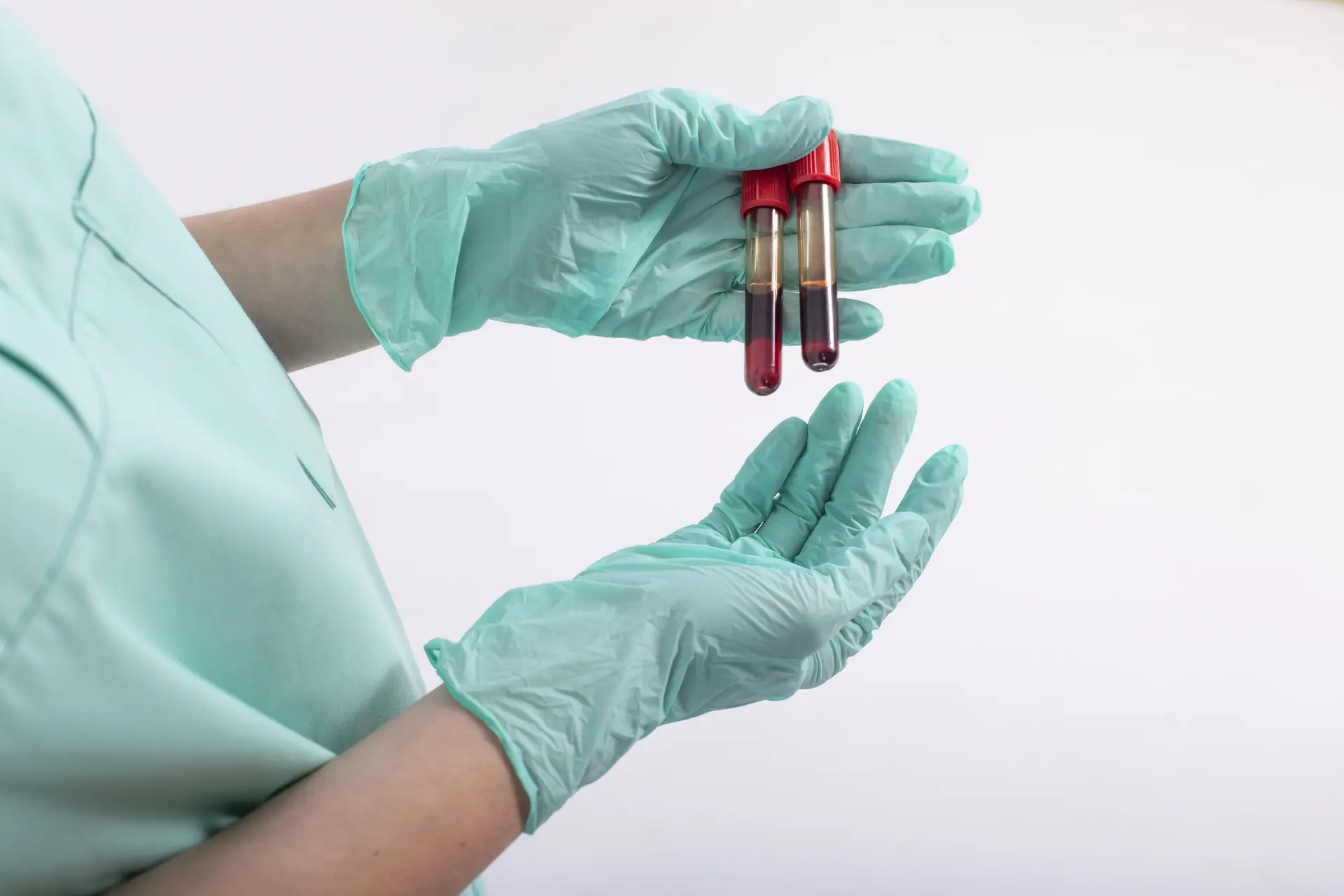If only the tumor marker cea is high
First of all, a tumor marker is a test to determine the presence, type, and degree of progression of cancer.
The test is performed by detecting “substances produced by cancer cells or by non-cancer cells in response to the presence of cancer in the body” in tissues, body fluids, excretions, etc. In this article, we will discuss what the detectable cena represents and what kind of condition it can be said to be in in order to return it to normal.
In this article, we will explain what the detectable cea represents, what kind of condition can be said to be caused by a high cea level, and what should be done to return the cea level to normal.
What does the cea value represent in the first place?
CEA (Carcinoembryonic Antigen) is a protein originally derived from fetal intestine and is a fetal cancer antigen.
It is a value that is positive for all cancers of the digestive system, but it should be noted that it can be high in non-cancerous conditions as well.
Diseases that occur when cea is high
It used to be considered a tumor marker specialized for colorectal cancer, but it is also elevated in cancers of the digestive system, pancreatic cancer, stomach cancer, bile duct cancer, esophageal cancer, bladder cancer, lung cancer, breast cancer, and thyroid cancer.
In addition to cancer, it can also be elevated by chronic liver disease (hepatitis, cirrhosis, etc.), long-term smoking, infection, inflammatory bowel disease (Crohn’s disease and ulcerative colitis), underactive thyroid gland, chronic kidney disease, diabetes, collagen disease, and aging.
What conditions are associated with high cea?
As mentioned above, high cea may indicate cancer or other diseases of the digestive system.
CEA is commonly used to screen for cancer and to monitor the course of treatment.
However, it is not always high in early-stage cancer, especially in men, and can also be high in long-term smokers, diabetes, autoimmune diseases, and hypothyroidism.
what should i do if my cea is high?
CEA alone may be high, or other tumor markers may be high. If gastric or colorectal cancer is suspected, a full examination including endoscopy, ultrasonography, CT, and MRI may be necessary.
There is also the possibility of non-cancerous diseases such as those mentioned earlier, so we recommend that you visit a medical institution and consult with them.
How to normalize CEA values
It is important to closely examine the cause of elevated CEA and take measures to address the cause.
What factors cause elevated cea, and who is prone to elevated cea?
As mentioned earlier, in addition to cancers of the digestive system (colon, stomach, pancreas, and bile duct), breast, lung, uterus, ovary, and bladder cancers can also cause elevated cea levels.
However, other causes other than cancer, especially in men, can cause elevated levels, including long-term smoking, diabetes, chronic kidney disease, hypothyroidism, and autoimmune diseases.
What you can do yourself to bring your cea levels to normal
If you have cancer of the digestive system (colon, stomach, pancreas, or bile duct), lung, breast, ovary, uterus, or bladder cancer, you can normalize your cea levels by visiting a medical institution and receiving appropriate treatment.
In the case of high CEA levels in non-cancer patients, smoking cessation may help normalize CEA levels. In case of diabetes, CEA may be normalized by diet and exercise therapy in addition to medication and insulin injections.
Treatment to normalize the tumor marker CEA
First, it is necessary to investigate why CEA levels are high.
General hospital treatment
If the cause is cancer, the three standard treatments, surgery, radiation therapy, and chemotherapy, are effective.
Recently, immunotherapy and cancer gene panel testing have been used to select appropriate chemotherapy. In the case of high cea levels outside of cancer, as mentioned earlier, if the patient has diabetes, diet and exercise therapy, in addition to medication and insulin, are the treatments.
What we recommend at HIC Clinic
We offer a variety of treatments at our clinic, but as mentioned earlier, we recommend cancer gene diagnosis to investigate the cause of high cea.
In addition to blood sampling for tumor markers CA19-9, AFP, PSA, NSE, CA15-3, CA125, PIVKA-II, SCC, NSE, etc., other than CEA, which is considered a tumor marker, our cancer gene diagnosis can check for about 200 types of genetic abnormalities and whether cancer suppressor genes such as P53 and P16 are working are available through blood sampling.
For the future of Japan, we are focusing on preventive medicine for health and longevity for a long-lived society.













